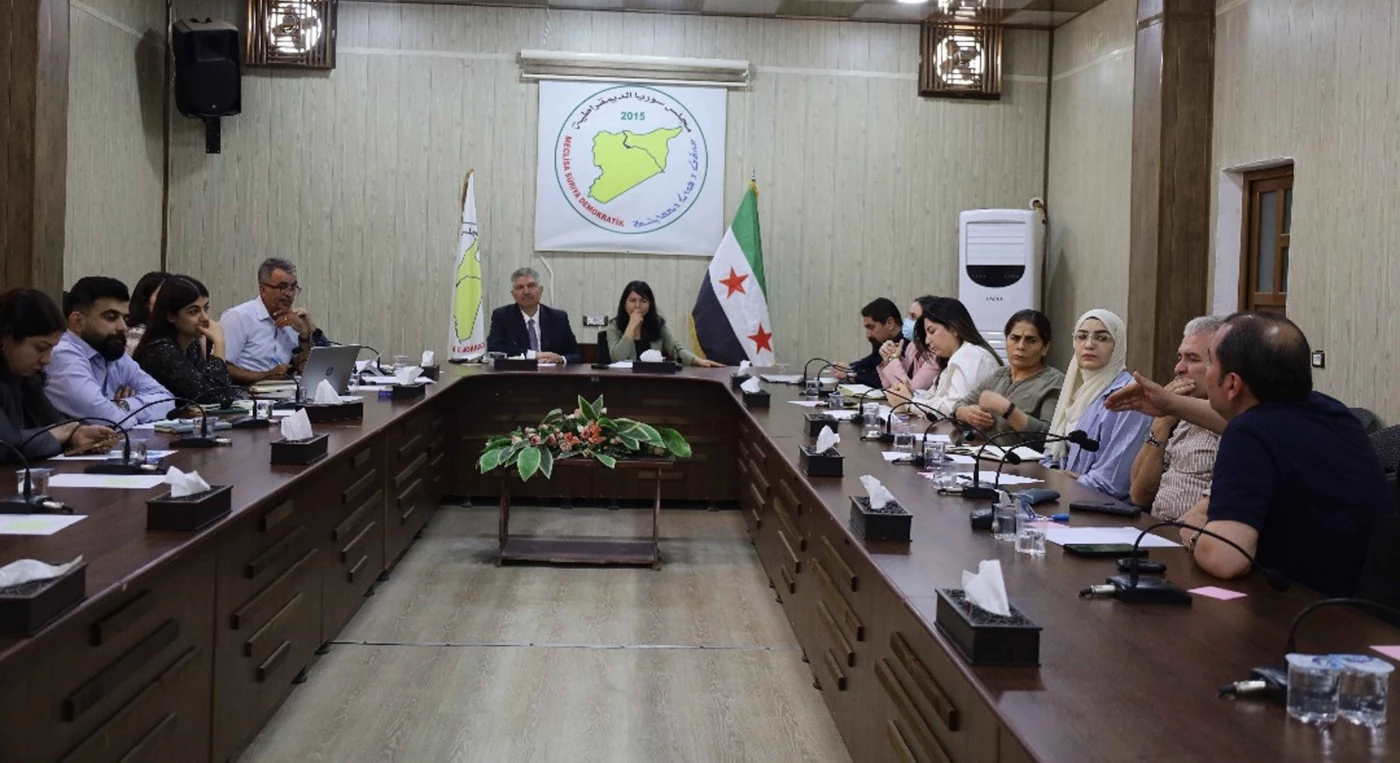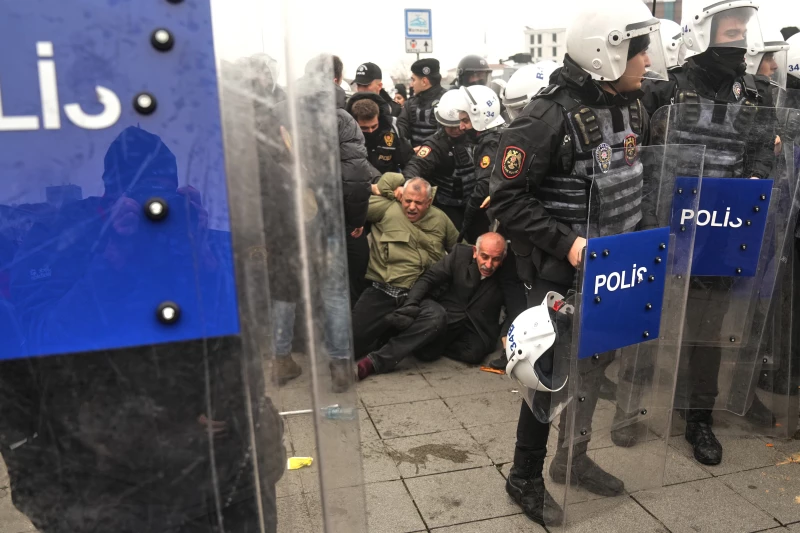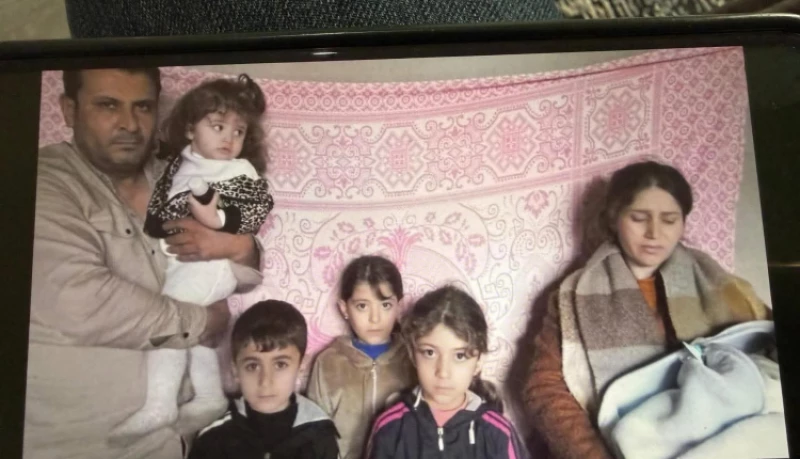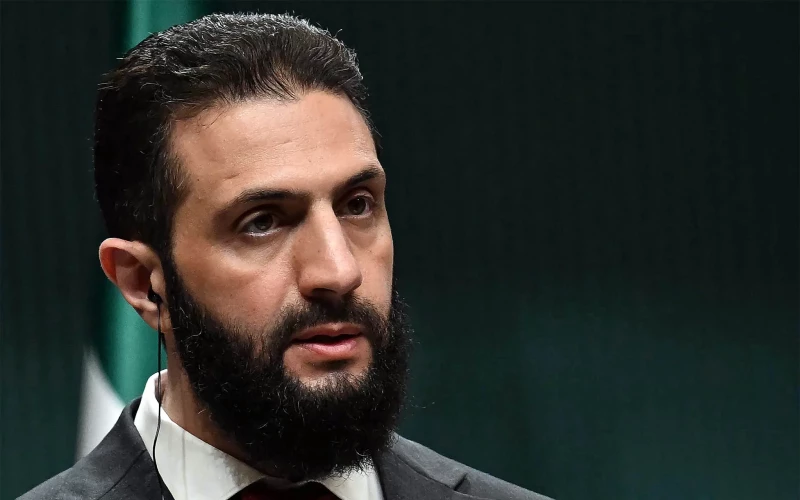ERBIL, Kurdistan Region of Iraq - The political wing of the Kurdish-led Syrian Democratic Forces (SDF) on Friday warned of Damascus’ “repeated violations” of the March 10 agreement and delay in its implementation, renewing calls for a decentralized Syria.
In a statement on Friday, the Syrian Democratic Council (SDC) said it discussed the March 10 agreement in its recent meeting, noting that its implementation has been marked by “clear laxity,” holding the transitional government responsible for “repeated violations.”
The SDC “warned that continued delays in implementation threaten the prospects for a comprehensive national solution,” the statement added.
On March 10, SDF chief Mazloum Abdi and Syria’s President Ahmed al-Sharaa signed an agreement that would see the Kurdish-led forces and institutions in northeast Syria integrate into the Syrian state apparatus.
The territory held by the Kurdish administration in northeast Syria (Rojava) has been marked by a recent surge in hostilities between Kurdish factions and Damascus forces, with both sides trading blame for the clashes, threatening to derail the March agreement.
The SDC meeting further highlighted the importance of implementing a decentralized system in Syria to ensure stability and inclusion.
“Decentralization represents the fundamental pillar of stability in Syria,” the council added, asserting that no political framework can guarantee a “lasting stability” in Syria without a decentralized approach.
The SDC called “for the inclusion of decentralization in all constitutional and transitional phases.”
The Rojava administration has continuously advocated for a decentralized government system that represents different ethnic, religious, and gender components in Syria, a demand firmly rejected by Damascus.
Representatives from different communities of Syria participated in a conference in Hasakah in August, organized by Kurdish authorities, during which they called for a decentralized state. A Syrian government official slammed the results of the conference a day later, saying the event violated previous agreements.
In late April, Kurdish factions gathered for a Kurdish Unity Conference that saw the endorsement of a 26-article declaration calling for a decentralized Syria and the unification of Kurdish regions within a federal framework.
Sharaa, however, claimed that Arabs comprise more than 70 percent of the population of northeastern Syria and that the SDF does not represent the views of all Syrian Kurds.
The US-backed SDF functions as the de facto army of northeast Syria and played a key role in the territorial defeat of the Islamic State (ISIS) in Syria in 2019.



 Facebook
Facebook
 LinkedIn
LinkedIn
 Telegram
Telegram
 X
X


